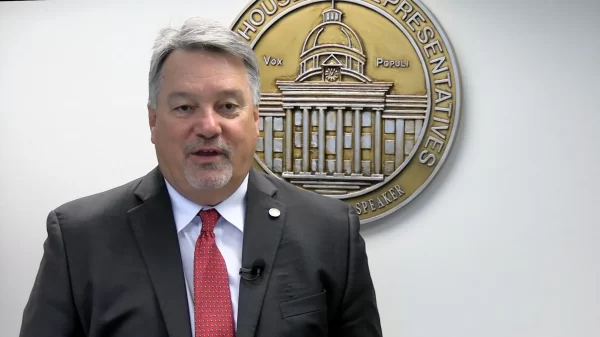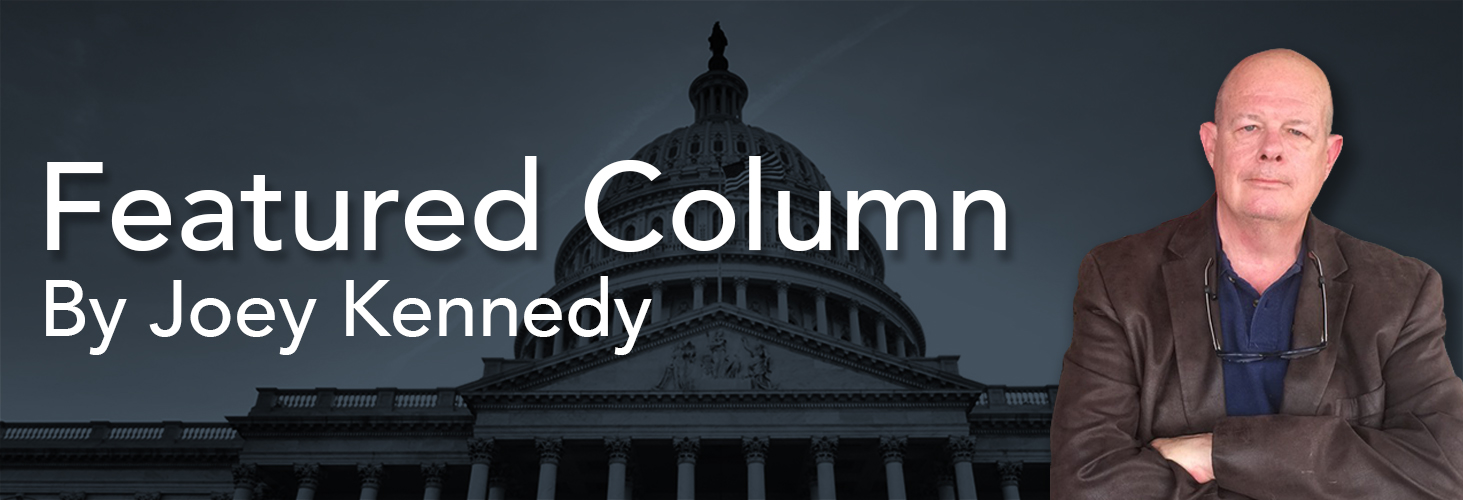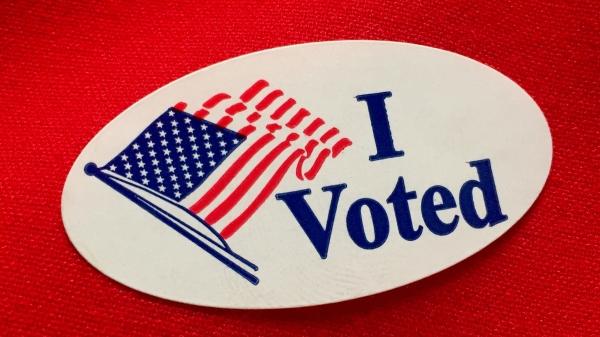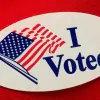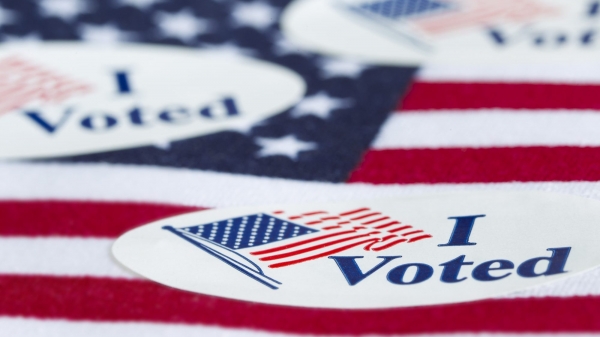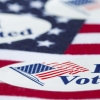By Joey Kennedy
Alabama Political Reporter
Gov. Robert Bentley and the Alabama Legislature have pretty much shown they can’t write a state General Fund Budget that’ll wash. In truth, they haven’t done much better on the state Education Budget, either — though at least one of those passed the regular session.
Lawmakers just finished an expensive special session where nothing was done to close an estimated $200 million shortfall in the SGF. Part of the non-solution was taking money from the Education Budget, in a state that doesn’t do such a great job of funding schools to begin with.
Another special session is ahead. Another $500,000 or so we don’t have. A General Fund budget must be in place by Oct. 1 to prevent deep cuts in already-underfunded services across all state agencies.
Why Alabama’s voters allow this to go on is a puzzle I can’t solve. They overwhelmingly elected Republicans to lead. But these “leaders” can’t even follow. They can’t (or won’t) follow their governor or their Senate and House leaders. It’s a real mess.
To help clean up that mess, at least in the minds of voters who really care, the Alabama School Connection is hosting a meeting Sunday from 2:30 to 4:30 p.m. at Beloved Community Church in Birmingham. The title of the gathering: “The State Money Mess in Alabama.”
It is a mess. Like the kind you have to scrape off your shoes when you make a misstep walking the dogs.
Let me be clear: While I am partisan (leaning somewhat to the left) and a regular critic of our governor, Legislature and their actions, Sunday’s meeting is absolutely nonpartisan, says Alabama School Connection executive director Trisha Powell Crain.
The Alabama School Connection is a nonpartisan news and information website that covers education issues in Alabama. And in Sunday’s money-mess meeting, Crain promises there won’t be a political agenda.
Alabama Arise’s Robyn Hyden will lead the audience in a discussion of Arise’s Tax and Budget Handbook.
“She’s going to talk about how money moves from one place or another,” Crain says. “We’re not advocating for any particular solution. This is information only. The idea is to inform folks so when they read something (online or in the newspapers), they have a little bit of context, to (maybe) say: ‘That’s not how money moves through.’”
OK, stop it. We all know Alabama Arise has its own political agenda. But that doesn’t mean the group isn’t expert on the state’s budgets and how money comes in the state treasury and flows out.
“I’ll talk about education money,” Crain says. “The first hour we have whatever official talk we’re going to have.” The meeting will be content driven – organic, if you will – and Crain doesn’t know where the discussion will lead. “The second hour is conversation. We’ll take questions as we go. We want people to walk away with understanding. We don’t want people to walk away with handouts and then throw them in the recycling bin when they get home. We want people to walk out with more information than they had about the tax-and-spend environment in Alabama.”
Don’t mistake Crain’s comment as partisan. We do tax and spend in Alabama. Democrats tax and spend; Republicans tax and spend. That’s how government works.
But if you’re a doubting sort — and that’s not a bad sort to be — Crain is adamant that the meeting won’t devolve into partisan bickering or agenda building.
“A lot of this is on the fly,” Crain says. “It’s kind of like a brown-bag lunch. Bring in somebody to speak, and y’all sort of talk about it after.”
To make sure the discussion stays on point, Crain and her group have set out working rules that will be followed, she promises. “The only rules we have relate to how we conduct our conversations,” she says on her website.
Here they are:
We will be respectful of others’ opinions, even if we disagree.
We will focus on issues, refraining from using political language.
We will use factual information when presenting to other group members.
We will refrain from using partisan language or blaming any issue on any political party.
We will refrain from attaching actions or issues to any particular person.
We will seek a better understanding of education issues that impact our community’s children.
But in a group discussion, how does one keep the atmosphere from going in a less- than-desirable direction?
“I call people out,” Crain says. “It’s that simple. I won’t let it happen.”
It’s an information meeting. Not a their-mess-is-bigger-than-my-mess meeting. Which would be a real mess.
“I think the thing we really want people to understand is there is no agenda,” Crain says. “It’s apolitical. This is a public issue, and it doesn’t have to be political. We don’t always have to frame discussions in terms of Republicans or Democrats.”
And, you know: We don’t. We do that too often. Instead of learning what the real facts are – on the state budgets or many other issues – we pick sides, regardless of the facts. That doesn’t help anybody, and it surely doesn’t help our beleaguered state.
“When people are more informed, they’re more willing to engage,” Crain says. “I have a lot of faith that people can make good decisions if they have good information.”
If being informed doesn’t scare you, if it doesn’t make you shake in your boots, if being informed is important – as it should be – Sunday’s informational meeting on the State Money Mess in Alabama is for you, and you should be there.
Joey Kennedy, a Pulitzer Prize winner, writes this column every Wednesday for Alabama Political Reporter.
Email: [email protected].






































